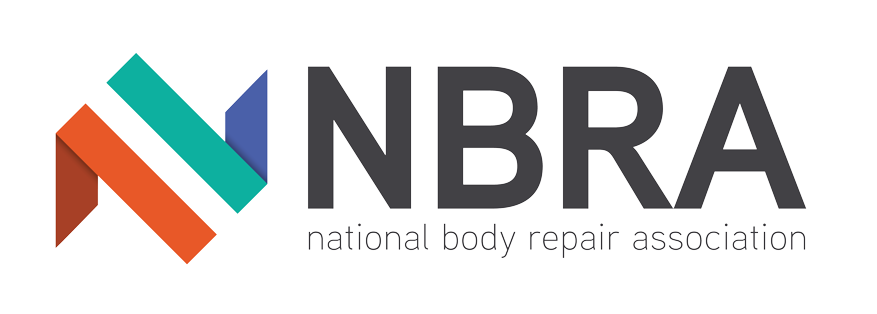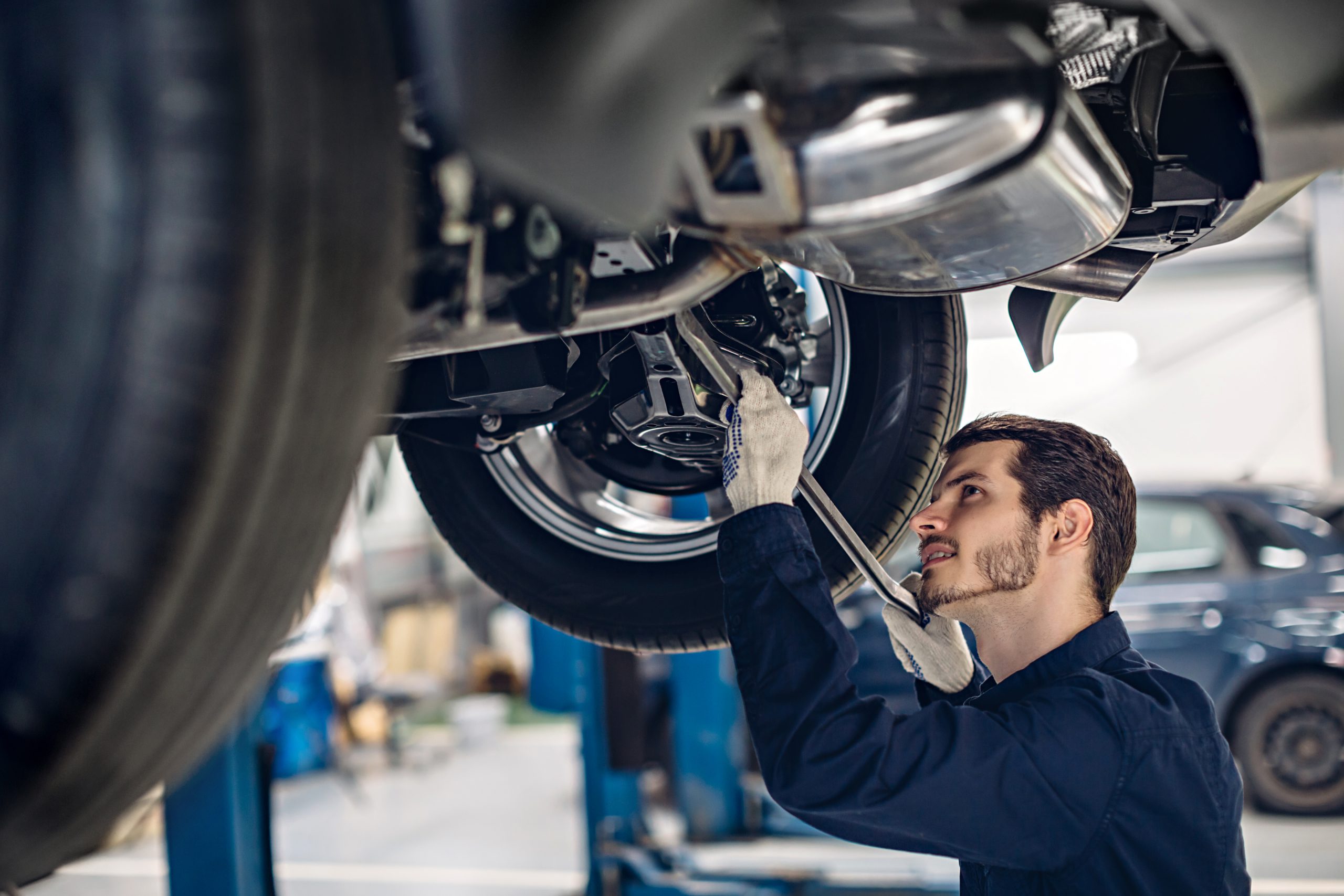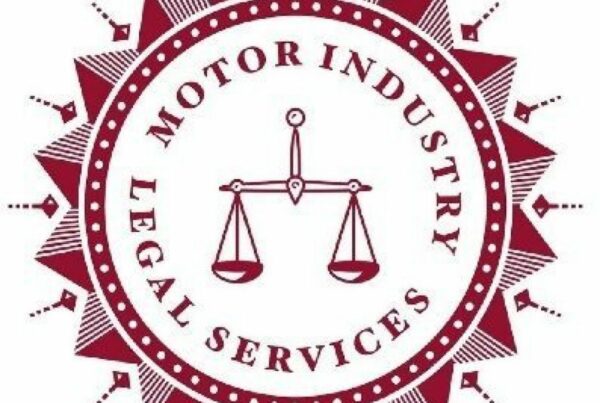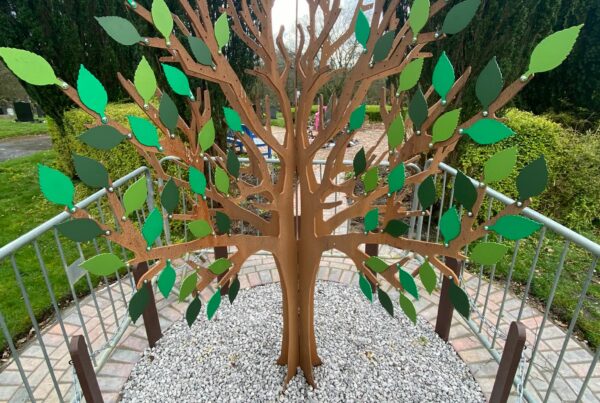As parts of the U.K. finally manage to emerge from the restrictions of Covid, we should take a huge sigh of relief, yet the body repair industry finds itself under a great deal of pressure from all sides.
What are we seeing?
I talk to repairers daily, and almost without exception, they are struggling now, perhaps even more than they were in the midst of lockdown when they had no work at all. If you are a work provider in some way to this industry, it is likely you will have seen driveable vehicles normally booked in for repair in days now stretching out for weeks. Based on a recent survey of our Members, NBRA has estimated approximately 100,000 damaged vehicles are currently waiting to be brought in for repairs. Across the market, driveable vehicles are taking over 5 weeks longer to get booked in than they were pre-pandemic.
What are the causes?
Essentially the reasons for the delays are listed here:
- Bodyshop staff shortages
- Parts shortages and delays
- Shortage of courtesy cars
- Shortage and cost of rental
- Shortage of cash (in some cases)
- Payment delays
Parts shortages and delays
A huge contributory factor for repair delays at the moment is parts. Pre-pandemic in 2020, a Bodyshop could expect to get over 70% of parts within 2 days. Right now, you would likely only receive just over 50% of parts in 2 days. There would typically be a small percentage of parts on delay, but according to our survey, the new normal is to have up to a quarter of all jobs waiting over 7 days for all parts to arrive. In 10% of cases – parts are delayed longer than 2 weeks. In other cases, odd parts can be delayed for months!
What does this mean?
- Extended lead times while shops wait for all parts to arrive
- Keys to keys 7 days longer than pre-pandemic
- Courtesy cars are out far longer (increasing the cost / job by c. £100 andreducing repair capacity)
- Parts are often bought and paid for before the car even arrives (hitting cash flow and hence capacity again for some repairers)
- If a customer cancels – parts are past the point (normally 30 days) where they can be returned for a refund
- More parts ordered VOR (vehicle off-road) at reduced discounts
Compounding the issue is the fact that parts costs have increased. If a repairer has a VM credit limit, fewer parts can be purchased before reaching the limit. Bodyshops in these instances are having to pay cash or settle credit earlier than usual, again hitting cash reserves.
What has caused the parts issue?
NBRA believes this is a variety of reasons, but it seems to be affecting the majority of V.M.s, including VW, Stellantis, Ford, Mercedes, BMW etc.
- Import delays
- Dealers holding less stock (they tend to stock a certain value, e.g. £10m – and as parts costs increase the number of parts held in stock decreases)
- New car parts production being prioritised over older vehicle parts production due to increased demand for new cars
- Impact of Covid on parts production (backlogs)
- Labour shortages in transportation, production and at borders due to ongoing Covid restrictions in other parts of the world
NBRA has spoken to V.M.s and without quoting any directly, the sentiment is that the parts issues may easily persist for another 6 to 9 months.
Bodyshop staff shortages
This issue has been creeping over the industry for a few years and precipitated the formation of AutoRaise charity which helped with 157 apprentice hires last year. This is a creditable number during a pandemic and they are accelerating, but it is a fraction of the estimated 2,000 required.
Skilled technicians are leaving the industry at a rapid pace. Reasons include:
- Swapping to similar better-paid roles such as Main Dealers, Used car refurb centres like Cazoo and Cinch, Lease car De-fleet centres, Insurer owned body shops and to other repairers forced to play a part in a bidding war for talent
- Moving to better paid lower-skilled roles such as heating engineers, delivery drivers, HGV driving, even a barber and a carpet fitter in two notable instances!
- Migrant workers (often Eastern European) have moved back home as their own economies have changed, such as Poland seeing significant inflation reducing the benefit of working in the U.K. Additionally, EUSS (European Union Settlement Scheme) is nigh on impossible to navigate post-Brexit acting as a further deterrent
- Some staff, tired of the tough conditions and enormous pressure the industry requires, are leaving to retire early or move to lower-paid less taxing roles
Not only are they leaving, but the challenge of attracting apprentices is also huge. Whilst apprentice training is government-funded and in cases supported by reassigned levy funding (thank you Directline / LV=/ Saint Gobain), wages are not. The £4.38 / hr minimum wage won’t tempt young people happier to work on a laptop through the door.
Essentially, this problem has been driven by years of Bodyshop under-funding. We need to change that urgently to reward these incredible staff in line with the skills, training, conditions, and pressure they operate under.
Most of the skilled roles within repair should warrant c. £25/hr. In reality, it is closer to £15/hr hence the real problem with attraction and retention.
In October, my last communication called for an urgent change of terms for repairers whereby ALL of the proceeds go directly to Bodyshop staff, with none going to the business owners. Again, we would need an agreed mechanism for this, but it may well even be too late for this as the issue is worsening. NBRA is now exploring other options outside of the E.U. for migrant labour to help inject the industry with workers.
Mobility
The well understood new car shortages due to semi-conductor production has increased the cost of leasing cars for repairers and the cost of overflow rentals (if available). This has left repairers typically with fewer cars as they wait for replacements or keeping older lease cars due for return.
This issue reduces, in theory, “repair capacity” but is compounded by the increased K2K time due to parts. Most customers won’t part with a driveable car unless they have a replacement.
One repairer showed me 6 parts orders he has been waiting for, for over 3 months on 3 cars. Each of them has had a customer in a courtesy car provided and paid for by the repairer. Possibly £450 in vehicle lease costs that cannot be charged for.
Some insurers have recognised this is both a cost issue and a constraint to meeting service levels and paying for mobility in difficult circumstances.
NBRA has a target to pass all the cost of mobility onto underwriters (through customer upsell) by 2023. We believe the catalyst should be the switch to E.V. Typically, only c.2.5% of vehicles on cover are EV, But they will need mobility as they have accidents. We would like to see all E.V. replacement mobility paid for by the insurers rather than continue the burden of repairers footing the bill.
We are pleased to say that two insurers are already doing this!
Payment Delays
Whilst insurers typically improved their performance over lockdown and have managed to continue this trend, NBRA has received complaints of increasing concerns about Accident Management Companies. In a survey of our Members looking at 23 AMCs, there were 3 companies where over 90% of respondents who worked with them encountered regular payment delays and poor practice.
NBRA is conducting 1-2-1 conversations seeking to understand what the issues might be and offer support to improve our members’ situation.
Overhead cost inflation
This is an enormous challenge for the repair industry at the moment as increases are having to be absorbed through reduced margins. Increases include:
- Staff wages (supply and demand)
- Courtesy cars
- Property costs
- Consumable costs
- Utility costs
Several repairers have reported 10% YOY increases in overhead costs, which comes before the impact of energy inflation due to treble. The average Bodyshop would see a £100k cost increase from this alone based on typical usage, enough to make some repairers insolvent.
Work Provider 1-2-1s
While NBRA continues to communicate through this approach, we are booking 1-2-1s to better understand our corporate customers’ challenges. We have already spoken with Esure, Directline, Admiral, Hastings, Covea and have more calls booked.
If you don’t have a date for a discussion, please let me know!
Environmental
Repairers are increasingly being asked about their environmental strategies and insurers are already asking bodyshops to start their journey to carbon zero. NBRA believes c. 200 repairers have already completed or started to become carbon neutral, typically by purchasing carbon credits.
The feedback we have received is that whilst this is creditable, PAS2060 does not fit our industry that well and buying carbon credits (e.g. planting trees in Brazil) feels like just another tax.
With carbon credit costs also on the increase (c. £4/T to £8/T) NBRA have formed a group to begin to consider our own industry standard (using Science Based Targets) that is simple and fit for purpose.
We will be seeking input from all parts of the industry in order to have one (non-competitive) industry approach to a shared challenge rather than the multitude of communication and overlap we had with GDPR rollout. This approach is a direct result of the feedback received from the last NBRA Insurer Advisory Board meeting.
If you are interested to know more, again please get in touch with me.
Forecasting
13 months ago, NBRA warned that the following was likely to happen:
- Repairers with too much work would begin to start rejecting their lower-performing contracts
- Insurers faced with supply issues would likely have to pay more for repair and see A.D. inflation as a result
- Stronger repairers would likely have an appetite to grow market share, likely exacerbating the skills shortage leading to technician wage inflation
- A high likelihood of service level issues and repair delays
I think it is fairly evident we are in the midst of this now, and we only need one severe weather event in Feb or March to compound the issue further. Please be aware when discussing repairers and networks with your colleagues that the industry is nervous, stretched and under pressure.
If you have access to Network Management or FNOL, the message I am being urged to share is: Please set realistic expectations to customers at this time. Repairers are constantly being met by customers expecting in some instances to be booked in with a courtesy car in 24hrs. Right now this is completely unrealistic.
Risk
NBRA would like to repeat our appeal to the risk representatives on executive boards to take note. The repair industry cannot continue to be squeezed in this way. At some point, a corner will be forced to be cut. A technician won’t have received the appropriate training, and ADAS reset will not get completed properly, equipment that should have been replaced will fail or not do its job properly, a part will be repaired and fail that should have been replaced with a new one. A customer will get injured or worse due to a continued contracted failure to implement a fair, consistent mechanism of compensation for repairers that all insurers are forced to abide by, allowing insurers to compete in their area of true differentiation underwriting and customer service excellence.
We still believe that this still needs to happen within the rules of anti-competitive behaviour. Perhaps a mechanism linked to CPI. One way or another, normal market compensatory dynamics are not moving fast enough to keep up with negative factors impacting the repair industry.
Summary
If you are receiving this message directly, NBRA will attempt to contact you to further discuss opportunities and these topics. We welcome your comment, ideas and contribution as we all have to work together to overcome these challenges.
There is no way that everyone can be prioritised at the moment and under these unique circumstances we are in a piece of good news for repairers seeing something of a bidding war starting to buy capacity and priority. A recent survey of Members concluded that a “surge-charge” of £250 per job should be offered to repairers by customers seeking priority. In some instances, this is already happening in localised areas.
If you would like to discuss any aspects of this communication directly, do not hesitate to contact me using the details below.
Regards,
Chris Weeks
Director – NBRA / VBRA Commercial
t: 0207 307 4239
m: 07956 786622
w: nbra.org.uk






